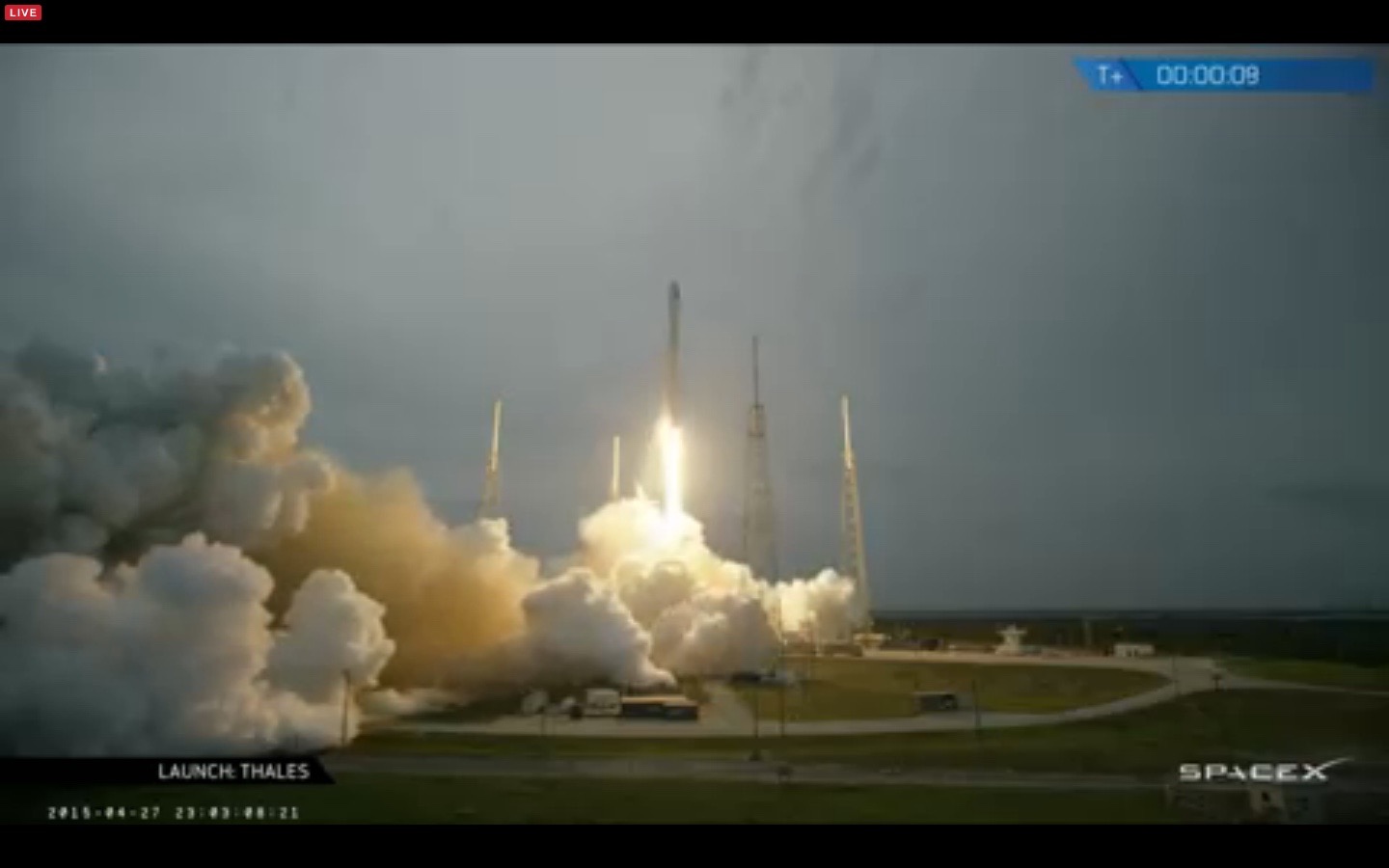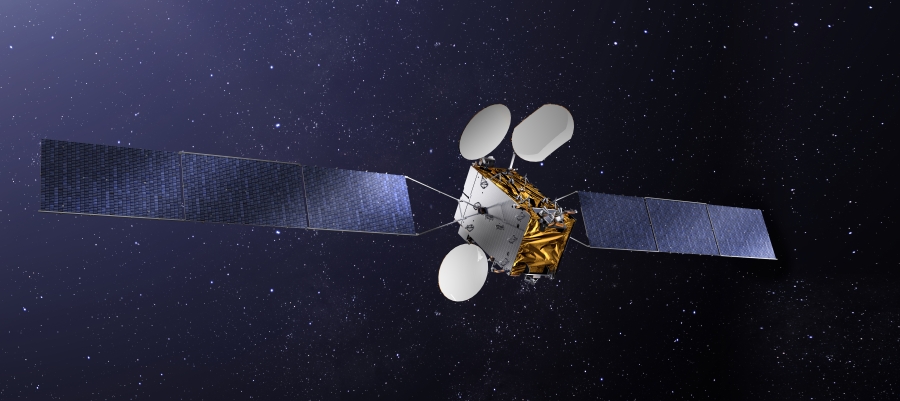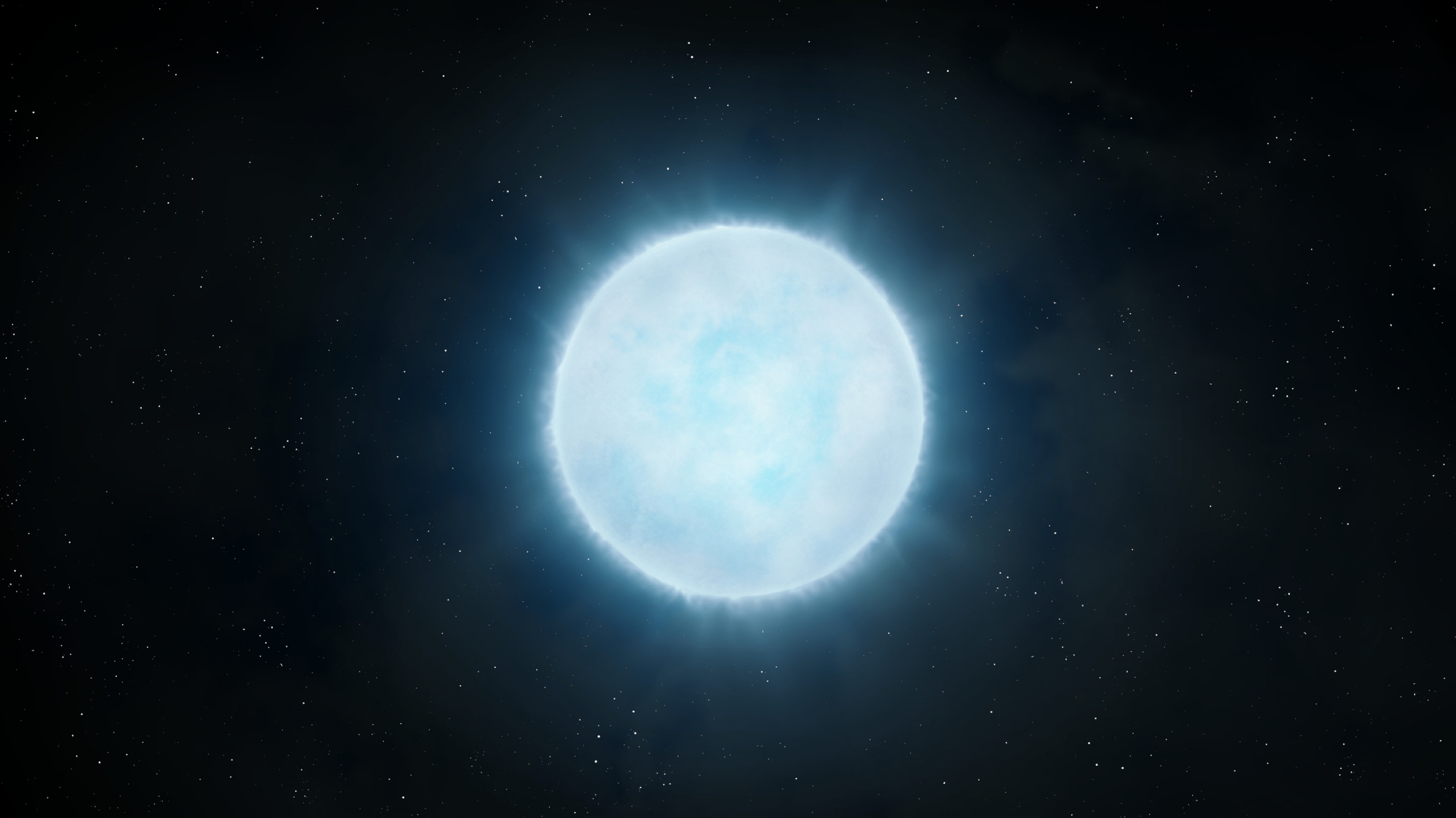SpaceX Falcon 9 Rocket Launches Turkmenistan's First-Ever Satellite

The private spaceflight company SpaceX launched the first-ever satellite for Turkmenistan into orbit Monday evening (April 27), marking the second space mission in less than two weeks for the firm's Falcon 9 rocket.
The SpaceX Falcon 9 rocket blasted off from Florida's Cape Canaveral Air Force Station at 7:03 p.m. EDT (2303 GMT) to deliver the TurkmenÄlem52E/MonacoSat communications satellite into orbit, after a 49-minute delay caused by cloudy conditions.
"Rocket launch good, satellite in geo[stationary] transfer orbit. Still so damn intense. Looking fwd to it feeling normal one day," SpaceX founder and CEO Elon Musk tweeted about 45 minutes after the liftoff. [SpaceX Launch Photos for Turkmenistan's 1st Satellite]
The satellite, which was built by France-based aerospace firm Thales Alenia Space, weighs about 9,920 lbs. (4,500 kilograms) and has a design lifetime of 15 years, according to a mission description. The spacecraft will be operated by the Turkmenistan Ministry of Communications and has a coverage area that includes Europe, Central Asia and Africa.
"Once operational in orbit, TurkmenÄlem52E/MonacoSAT will allow Turkmenistan to operate its first national satellite telecommunications system, ensuring enhanced, secure telecommunications for the country," SpaceX representatives wrote in a mission fact sheet.
The successful Falcon 9 rocket launch marked SpaceX's fifth mission of 2015, and the second in less than two weeks. On April 14, a Falcon 9 rocket launched a SpaceX robotic Dragon capsule toward the International Space Station on a cargo mission for NASA.
That April 14 launch also featured a rocket-reusability test, in which the Falcon 9's first stage attempted to land on an unmanned "spaceport drone ship" in the Atlantic Ocean. The rocket stage managed to hit the boat but toppled over on the deck and exploded. The landing attempt failed because of an issue with the stage's throttle valve, Musk has said.
Breaking space news, the latest updates on rocket launches, skywatching events and more!
SpaceX did not attempt a landing on the drone ship during Monday's launch. The next attempt will come on the next Dragon cargo launch, which is currently scheduled for June 19. (SpaceX holds a $1.6 billion contract with NASA to fly at least 12 resupply missions to the space station; the April 14 liftoff kicked off cargo run number six.)
The landing maneuvers are part of SpaceX's internal effort to develop fully and rapidly reusable rockets, a breakthrough that Musk has said would dramatically cut the cost of spaceflight.
Follow Mike Wall on Twitter @michaeldwall and Google+. Follow us @Spacedotcom, Facebook or Google+. Originally published on Space.com.

Michael Wall is a Senior Space Writer with Space.com and joined the team in 2010. He primarily covers exoplanets, spaceflight and military space, but has been known to dabble in the space art beat. His book about the search for alien life, "Out There," was published on Nov. 13, 2018. Before becoming a science writer, Michael worked as a herpetologist and wildlife biologist. He has a Ph.D. in evolutionary biology from the University of Sydney, Australia, a bachelor's degree from the University of Arizona, and a graduate certificate in science writing from the University of California, Santa Cruz. To find out what his latest project is, you can follow Michael on Twitter.

